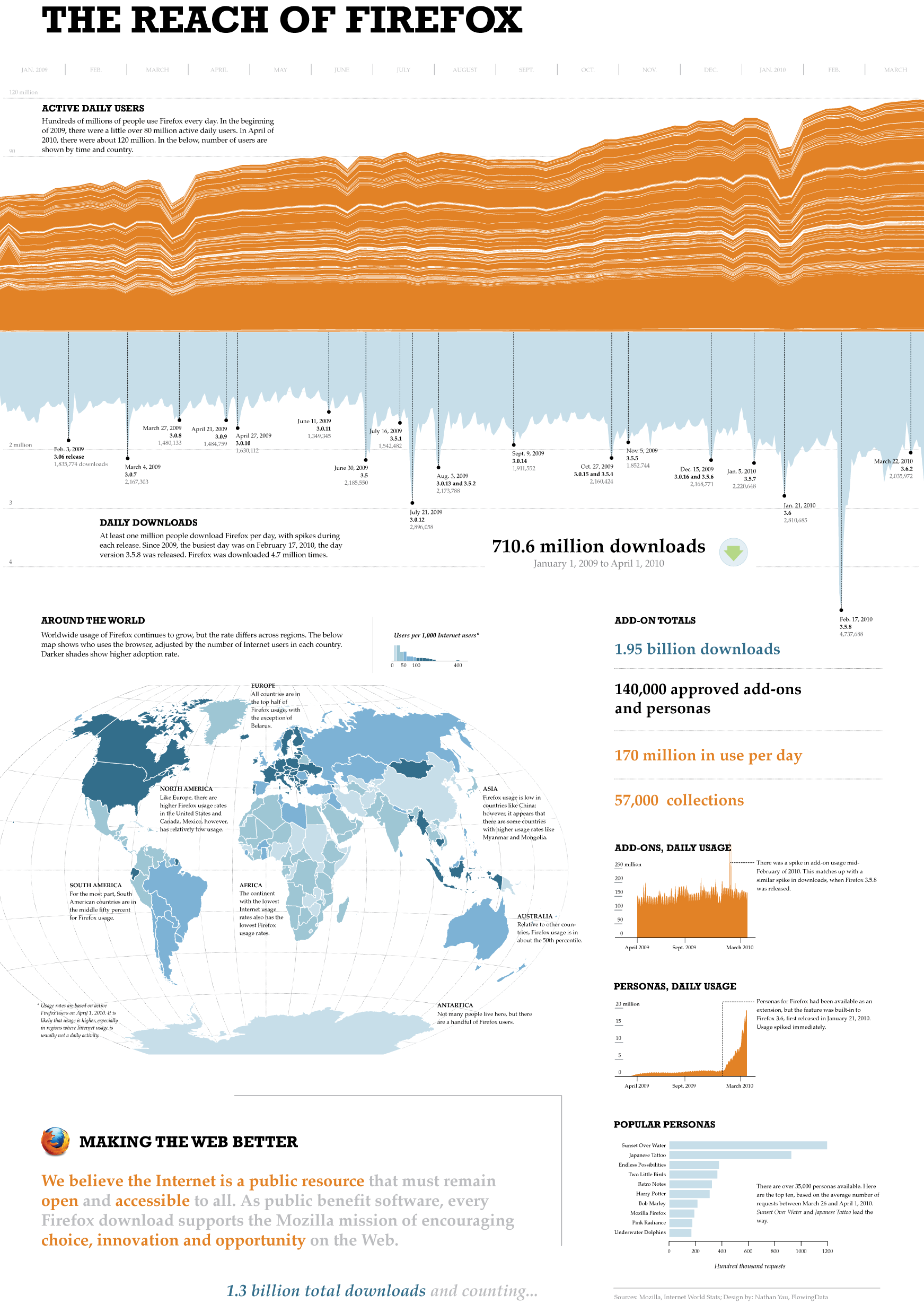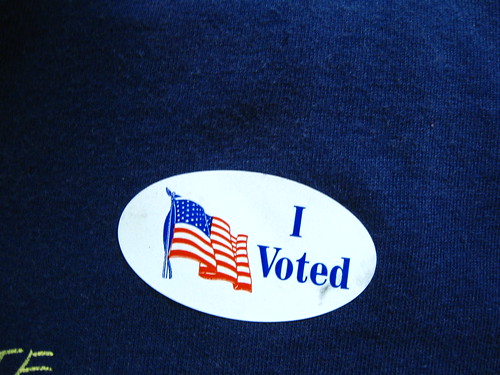Girls are hitting puberty earlier and earlier. One recent study found that more than 10 percent of American girls have some breast development by age 7. This news has upset many people, but it may make evolutionary sense in some cases for girls to develop faster, according to the authors of a new paper published in Psychological Science, a journal of the Association for Psychological Science.Ummm.... So, the premise is that girls reaching puberty earlier is an evolutionary response? Are these traits that are plastic in their presentation, or are they fixed? What were the findings? Well, they seemed to fit the theory:
Girls who physically mature earlier tend to start dating, have sexual intercourse at a younger age, and have more sexual partners than girls who develop later. That puts them at risk of sexually transmitted diseases and makes them more likely to have a child while they're still teenagers. These are generally seen as bad things, says Jay Belsky, of Birkbeck University in London, given that many psychologists and doctors think there are right and wrong ways to develop. But he says it makes more sense to look at development the way nature does—from an evolutionary perspective. This leads to the expectation that growing up in a risky, unstable environment—the kind that fosters an insecure rather than secure attachment of infant to mother—should accelerate pubertal maturation thus increasing the chances that one could reproduce before they die.
Girls in the study were followed from birth until the age of 15. At 15 months, security of attachment to mother was evaluated using a standard procedure involving separating and reuniting the baby with her mother in a university laboratory. Babies who smiled, vocalized, reached, or otherwise demonstrated appreciation that their mother was back were considered to be secure; those who avoided their mother following the separation or could not be comforted by her return were considered insecure. Pubertal development was evaluated by means of annual physical exams administered by nurses or physicians starting when girls were 9.5 years of age. Results revealed, as predicted, that girls who were insecure as babies started their pubertal development sooner—by about two to four months—than girls who were secure as babies. They also completed pubertal development sooner and had their first period earlier than girls who were secure as infants.By this part of the article, my BS sensors were sounding. What about environmental conditions, such as increased levels of human hormones in the environment (due to the use of rBGH in cows, presence of estrogens in drinking water from unused birth control pills, as well as the presence of in the environment and our food)? What about the argument that increased nutritional levels (especially higher levels of fats in the diet) have led to decreasing age of puberty? Well, the story did include these points:
A risky, unstable early environment, as reflected in an insecure attachment, is not the only reason girls mature early; it's also partly due to genetics. Environmental chemicals may also have some effect. Also, there's been a trend over the last 150 years of girls maturing earlier, possibly because of improved nutrition.Okay. Great. Toss me a bone. But don't actually, you know, discuss these points at any length. Instead, let's go back immediately to reporting on the paper and its authors' points of view:
"An evolutionary biology perspective says, 'look, the thing that nature most cares about—with respect to all living things, humans included—is dispersing genes in future generations,'" says Belsky. "Thus, under those conditions in which the future appears precarious, where I might not even survive long enough to breed tomorrow, then I should mature earlier so I can mate earlier before that precarious future might get me." This is the evolutionary logic, according to Belsky, which led to the prediction—and now evidence—that early insecurity should be related to earlier pubertal development.But surely, if this were the case, then children in Dickensian orphanages would have been mothers at 8 years of age; children during the 100 Years War would have been the mothers and fathers of Joan of Arc; and you should have seen a serious decrease in the age-at-puberty in the years following the Black Death and Spanish Influenza. You should see this today in places like Somalia or Palestine. Or even Pakistan or Iran. And while I would grant you that the age of first pregnancy is likely much lower than in Italy or Spain (where pregnancy is delayed), I doubt that it is due solely to reaching puberty at a younger age...
In my opinion, this study is an example of thinking too much about your subject that you don't really take into account the evidence surrounding you. For example, how did they control for environmental effects and nutritional effects? How did they control for the underlying genetics?
Bah.













